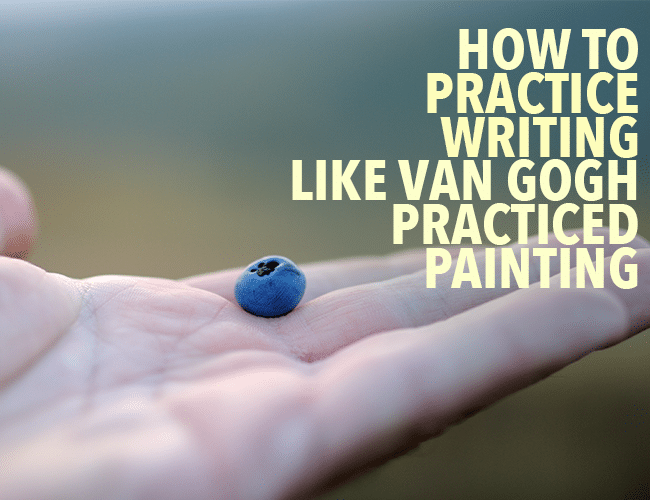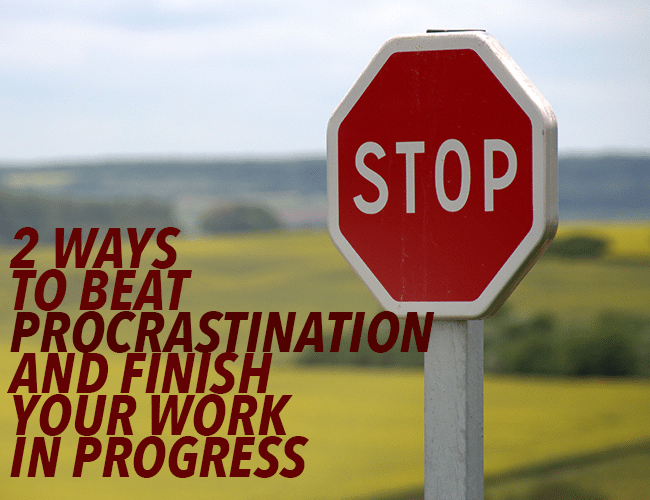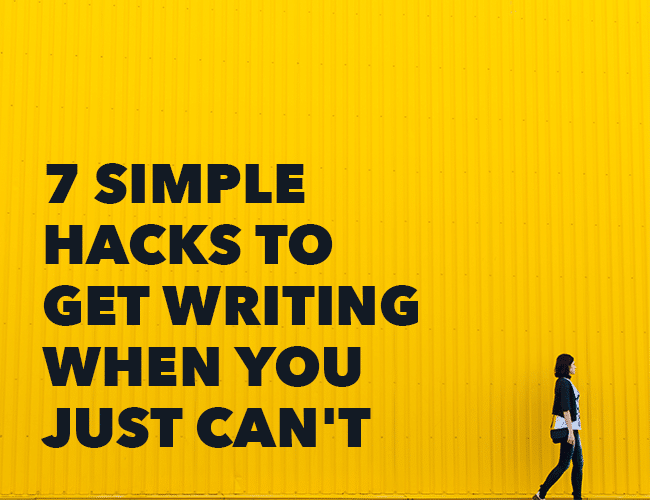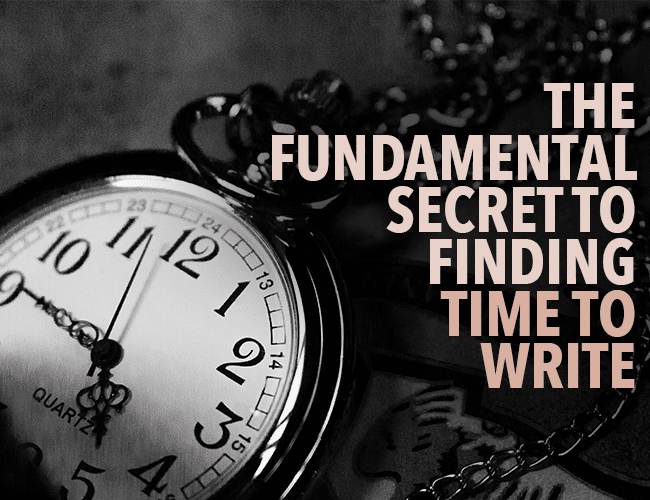
by Pamela Fernuik |
There are stories published in books, and stories that have never been published. There are stories that have been read by more people than live in Kansas* and there are stories that have been read only by you, the writer. Don’t compare yourself to others.
There are also stories that have never been written. Stories only you can tell.
Fiction or nonfiction, the stories you write are unique to your experiences and your creativity. But if you compare yourself to others, you might never write them.

by Jeff Elkins |
Sometimes writing can feel like a race. We rush to finish the next manuscript or the next novel or the next short story. We try to be factories that churn out narratives that will sell. We jump from one project to the next because we’ve been told consumers demand a constant flow of new things to devour.
This race can be exhausting and discouraging. In the midst of it, we can lose sight of the fact that writing, like any art, is a craft that needs to be practiced to be perfected. There is value in slowing down, taking a break from larger works, and practicing small things.

by Guest Blogger |
We hear voices in our heads in the middle of the night. We see scenes in our minds like movies and are compelled to capture them on the page. We look around at the world and notice things, things other people might not see. Writing procrastination—well, that’s just not in our vocabulary.
We are lovers of stories. We gasp at expertly crafted sentences. We smile at innovative turns of phrase. We’re left breathless at the fierce beauty of a story well told.
We are writers. And writers write, right?
Well…

by Kellie McGann |
“How do you write so much?” asked one young writer. “I struggle so hard to write for even just a few minutes everyday!”
Needless to say, there are days I really just can’t write, but I have to. So, I’ve developed a few hacks of how to do it when I just can’t.

by Ruthanne Reid |
Hey, you. Yes, you—the one with the storied dreams and the demanding imagination. You need to TAKE the time to write. I’m sorry to say this, but that time will never materialize on its own.

by Sue Weems |
Your goals fell by the wayside when you got sick in February. You stared at your keyboard for five minutes three mornings in a row before the kids woke up a full hour earlier than usual. In the car, you tap the steering wheel at a red light feeling the world is mocking your lack of progress on your manuscript.
Are you in a slump? Or is this just a season? Can you figure out how to get out of a slump—or are you just stuck?





